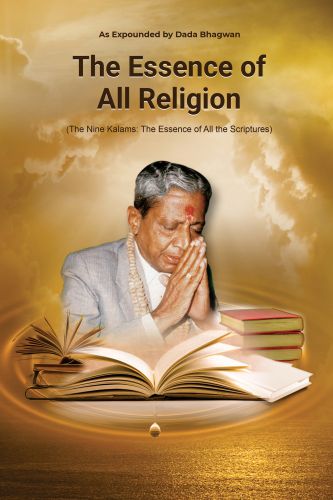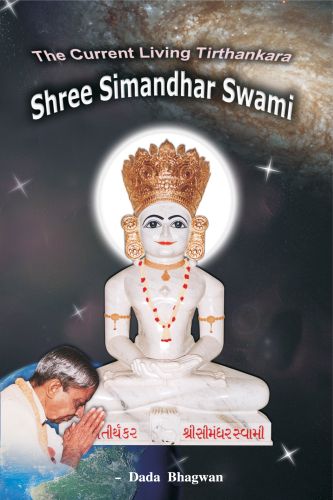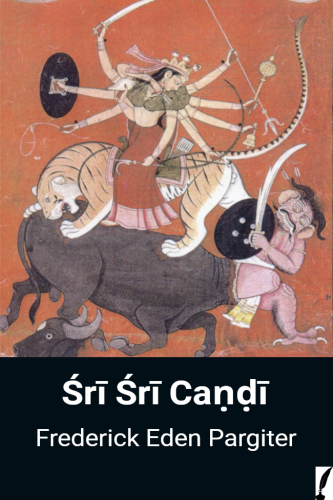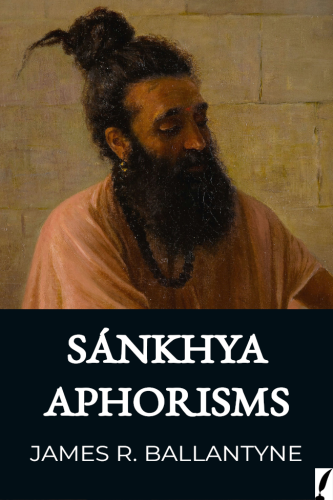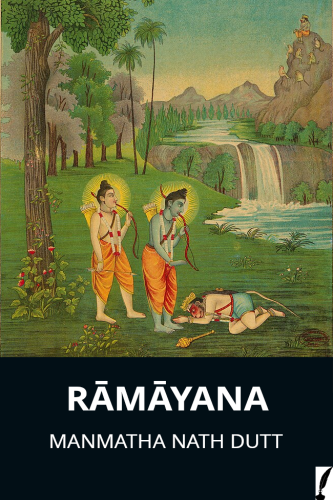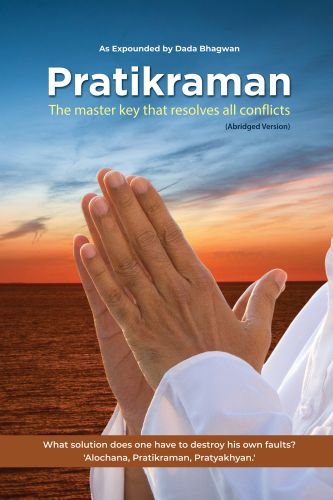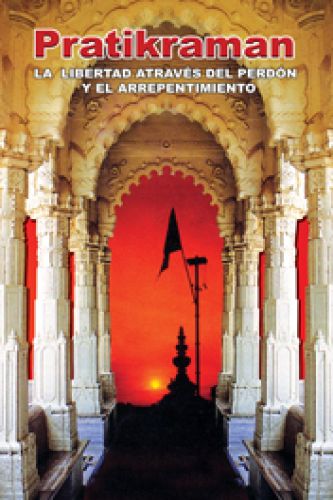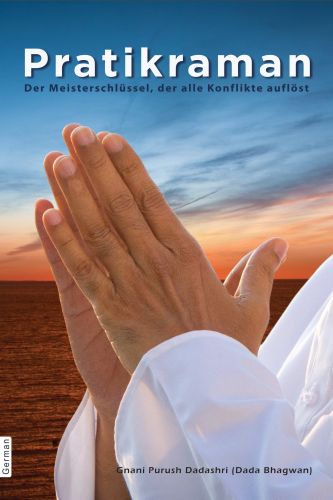Religion
- Agnosticism 2
- Antiquities & Archaeology 21
- Atheism 12
- Biblical Criticism & Interpretation 15
- Biblical Meditations 3
- Biblical Reference 1
- Biblical Studies 11
- Buddhism 8
- Christian Church 52
- Christian Education 5
- Christian Life 26
- Christianity 60
- Cults 2
- Devotional 6
- Eastern 2
- Education 4
- Eschatology 1
- Ethics 3
- General 60
- Gnosticism 1
- Hinduism 15
- History 28
- Holidays 10
- Inspirational 1
- Islam 8
- Judaism 3
- Leadership 1
- Meditations 3
- Monasticism 1
- Mysticism 11
- Philosophy 4
- Prayer 26
- Prayerbooks 5
- Religion & Science 12
- Sermons 54
- Spirituality
- Theism 2
- Theology 17
- Theosophy 15
Spirituality Books
Sort by:
by:
DadaBhagwan
Those seeking to lead a spiritual life inevitably face challenges in their pursuit of spirituality and practice. As spiritual development progresses, facing one’s faults, failures, and unintentional mistakes become disconcerting – even for the most sincere seeker. One may then ask, “What are the benefits of the different types of religion? From the many religions of the world, which practices will...
more...
by:
DadaBhagwan
For anyone wondering what is spiritual enlightenment, it is essential to learn the 24 Tirthankaras of the past, and of the present. In previous era, it was possible to achieve instant enlightenment simply by meeting a Tirthankara. At present, such sudden enlightenment is not possible here on earth. In the current era, one seeking spiritual awakening can search for spiritual teachers to understand the...
more...
Śrī Śrī Caṇḍī is a revered text among Śāktas, who follow Śaktism — a branch of Hinduism. It is read during the worship of Goddess Durgā and is especially popular in Eastern India, particularly in Bengal — a Śākta stronghold. Śrī Śrī Caṇḍī, also known as Devī Māhātmya or Durgā Saptaśatī, is an excerpt from the Mārkanḍeya Purāṇa, which is one of the 18...
more...
by:
DadaBhagwan
In moments of reflection, it is only natural to wonder what is the true purpose in life and to ask, behind the constant efforts made just in “living”, what is it that we are seeking? In the book “Self Realization”, Gnani Purush (embodiment of Self knowledge) Dada Bhagwan reveals the science of Self realization, describing that attaining knowledge of Self is ultimate life purpose, and is the...
more...
by:
DadaBhagwan
Those seeking to lead a spiritual life may naturally become inspired to live in peace and non violence. To learn spiritual practices to develop these values, one may turn to spiritual teachers, and to variety of religion. But beginning to cultivate spiritual awareness is not always as simple as it seems – especially in family / unhealthy relationships, or while dealing with difficult people. Daily...
more...
Sankhya is one of the six schools of Hindu philosophy that accept the authority of the Vedas (Sruti). The other schools are Yoga, Nyaya, Vaisheshika, Vedanta, and Mimamsa. Sankhya is closely related to the Yoga school. The founder of the Sankhya school was Sage Kapila. Three canonical texts of this school are available today: Isvarakrishna's Sankhya Karika, Tattva Samasa, and the Sankhya Sutra of...
more...
Ramayana finds its place within the Itihasa section of the Hindu corpus. Although Itihasa literally implies history, a more appropriate interpretation would be legends. The way we comprehend history today is not the same as how ancient people used to recount past events. They were more inclined towards legends. The tale of Rama was initially composed by Valmiki, though it likely existed within the...
more...
by:
DadaBhagwan
Those seeking to lead a spiritual life inevitably face challenges in their sincere pursuit of spirituality and practice. As spiritual development progresses, facing the many unintentional mistakes made through mind, speech, and conduct become disconcerting. Naturally one begins to wonder, “How to forgive and forget in unhealthy relationships?”, “How to forgive yourself - both for mistakes of the...
more...
by:
DadaBhagwan
Cada ser humano comete errores sin querer. La gente se queda atrapada en sus propios errores y sufre innecesariamente. Tienen el deseo intenso de de ser libres de ellos, encontrar la verdadera felicidad y progresar en el camino a la liberación. La única forma de combatir este sufrimiento es el camino de la ciencia espiritual alochana, pratikraman y pratyakhan (alochana –confesar nuestros errores;...
more...
by:
DadaBhagwan
Jeder Mensch begeht gegen seinen Willen Fehler. Menschen verfangen sich in ihren eigenen Fehlern und leiden dadurch unentwegt. Sie haben den aufrichtigen Wunsch, sich davon zu befreien, inneres Glück zu finden und sich zu ihrer Befreiung hin zu entwickeln. Die Tirthankars (vollständig Erleuchtete) und die Gnanis (Meister der spirituellen Wissenschaft) haben der Welt die einzige Waffe gegeben, um...
more...


